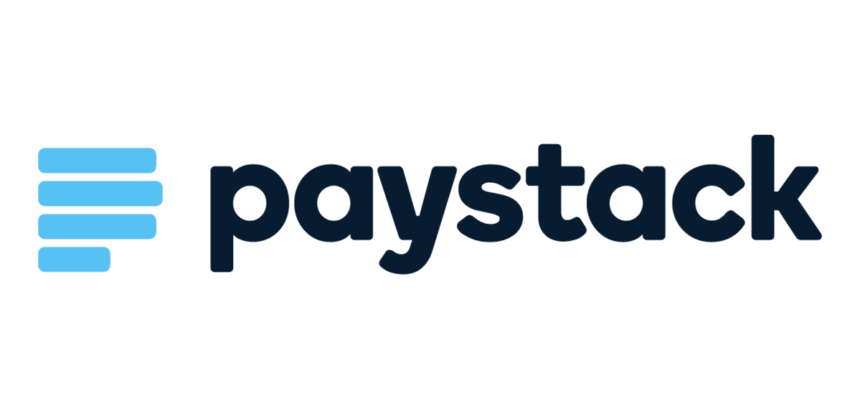The Central Bank of Nigeria (CBN) has reportedly imposed a ₦250 million ($190,000) fine on Paystack, one of Nigeria’s leading fintech companies.
It was gathered that the apex bank reportedly imposed the fine on Paystack for allegedly operating its new peer-to-peer payment app, Zap by Paystack, in violation of its regulatory license.
Pan-Atlantic Kompass reports that this is the largest publicly known penalty Paystack has faced since receiving CBN approval in 2016.
Although the CBN is yet to issue a public statement on the development, it was gathered that the apex bank alleged that Zap, launched in March 2025, functions as a digital wallet, a deposit-taking product that requires a microfinance or banking license.
Paystack, however, holds a switching and processing license, which permits routing financial transactions between banks but prohibits holding customer funds.
According to a source familiar with the matter, the CBN viewed Zap’s operations as a breach of its licensing terms, prompting the hefty fine.
The penalty comes amid a legal dispute between Paystack and Zap Africa, a Nigerian crypto startup, which has accused the fintech of trademark infringement.
It was also gathered that this fine is part of a broader crackdown by Nigerian authorities on fintechs, focusing on know-your-customer (KYC) compliance, fraud prevention, and operating licenses.
Recall that CBN has ramped up its regulatory scrutiny of fintech companies, emphasizing compliance with Know Your Customer (KYC) protocols, fraud prevention, and licensing requirements.
To bolster transaction monitoring and ensure stringent KYC adherence, the CBN instructed the Nigeria Inter-Bank Settlement System (NIBSS) to begin debiting the settlement accounts of banks and fintechs found to have processed fraudulent transactions, effective from January 2025.
Furthermore, in April 2024, the CBN directed four major fintech companies—OPay, Kuda Bank, Moniepoint, and PalmPay—to suspend new customer onboarding due to inadequate KYC procedures.





